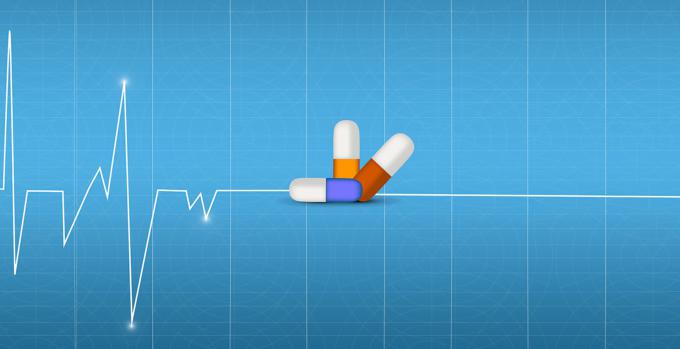
Culture
Valid statistics that do exist show that in the few states and countries legalizing medical aid in dying, the numbers of patients euthanized without their consent or the consent of their families increases dramatically.
In viewing the arguments given in Roger Kligler and Alan Steinbach's lawsuit against the state over the right to medical aid in dying, I find real social and ethical issues that are glossed over by those promoting its practice.
Today's rationale in advocating for this right is almost identical to the rationale given by Dr. Karl Brandt, Hitler's personal physician, to launch Aktion T4, the Nazi program of mass murder through involuntary euthanasia in which Germans were encouraged to relinquish care of their ill, disabled and malformed to the state. Under the guise of compassion and care, the Nazis ended 100,000 innocent and unknowing lives, developing killing technology for their Final Solution in less than eight years. The current support echoes Karl Brandt's testimony at Nuremberg, a treacherous reality masked by polished vocabulary.
Valid statistics that do exist show that in the few states and countries legalizing medical aid in dying, the numbers of patients euthanized without their consent or the consent of their families increases dramatically. Statistical studies show opinion polls are skewed by lack of understanding of the reality due to altered vocabulary.
Statistics from the Netherlands show a consistent 25 percent failure rate of physician-assisted suicide. Drugs normally used here, pentobarbital and secobarbital, are deemed unacceptable for execution of capital criminals. Dying from a natural course of disease is peaceful in more than 90 percent of all cases, whereas in physician-assisted suicide there is a greater chance of asphyxiating on regurgitation from drug failure.
Six of the seven legalizing U.S. jurisdictions were previously in the top 30 percent for suicides. Following legalization, suicide rates have climbed significantly, as has illegal trafficking of complex barbiturates, correlated to that rise. Oregon and Washington state, having the longest history of legalized physician-assisted suicide in the U.S., cite no abuse, yet their laws do not require "suicide" to be listed on death certificates, rendering those statistics unreliable and biased. Physician-assisted suicide is not contestable by autopsy or in court, opening the possibility of unverifiable murder. Thus there are few safeguards against ambitious heirs or misplaced compassion to coerce or persuade patients to agree to physician-assisted suicide. Research polls indicate the No. 1 reason given to persuade patients to agree is family resources and inheritance. Elimination of pain and suffering is sixth out of the top 10.
Patients requesting physician-assisted suicide almost always show signs of depression, but mandated psychological exams happen in only a few cases. Depression is treatable. Those advocating for the right to die are therefore promoting elimination of life over a treatable condition apart from the illness, which equates to elimination of disease through elimination of the patient.
Given our demographics here on the Cape, our elderly would be particularly vulnerable in ways that are unimaginable, without legal recourse. If we accept suicide in this capacity, what kind of message does this send to our young people? How else can we reject the value of the individual; if our adults are not respected, how can our youth look to a promising future?
Liabilities clearly outweigh advantages. New advances in hospice and palliative care happening right here in Massachusetts make physician-assisted suicide obsolete and primitive. Even in ancient cultures euthanasia and assisted suicide were actually seen as a disgrace on society emanating from resource limitations, human sacrifice and cannibalism. Perhaps instead of looking for ways to kill others in ignorance, we might think more carefully about truly caring for others constructively to utilize means of care and treatment that reflect a value of human life and acceptance of inherent human dignity in one another.
WILLIAM GALLERIZZO, OF SOUTH DENNIS, IS AN ORDAINED CATHOLIC DEACON AND AN INTERNATIONALLY LICENSED BIOETHICIST. HIS PARTICULAR AREA OF RESEARCH HAS CENTERED ON THE LEGALIZATION OF PHYSICIAN-ASSISTED SUICIDE AND ITS PROBLEMS AND DILEMMAS WITHIN BOTH SOCIETY AND THE MEDICAL PROFESSIONS.
Recent articles in the Culture & Events section
-
'Dignitas' and the mediaRussell Shaw
-
Scripture Reflection for April 14, 2024, Third Sunday of EasterDeacon Greg Kandra
-
St. Helena's House is established in the South EndThomas Lester
-
Is this synodality?Russell Shaw
-
Poking the hornet's nest of IVFFather Tadeusz Pacholczyk


















